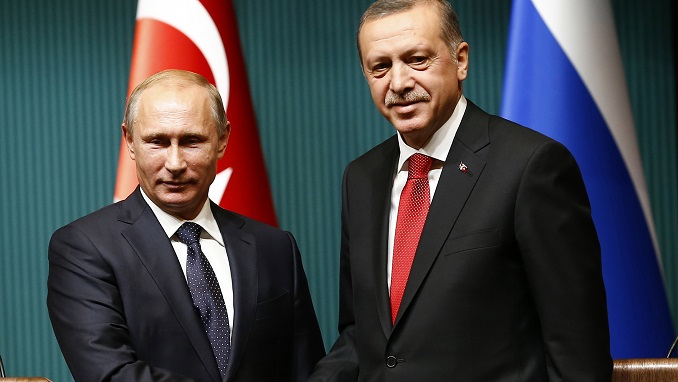As of September, Turkey’s inflation rate reached a record 24-year high of more than 83%, according to a report released on Monday by the nation’s official statistics agency.
Monthly consumer price growth was 3.08%, while yearly growth was 83.45%. The domestic producer price index increased by 4.78% month over month and by a staggering 151.5% annually.
For the nation with a population of 84 million, the inflation rate has increased dramatically over the past two years, in part because Turkish President Recep Tayyip Erdogan insists on sticking to the traditional method of managing inflation by cutting interest rates rather than raising them.
Markets were shocked when Turkey’s central bank, which is thought to be under Erdogan’s authority, reduced interest rates by 200 basis points to 12% in only the past two months. Currently trading at a historic low of 18.56 to the dollar, the Turkish Lira has lost over 28% of its value versus the US currency this year.
Many analysts disagree with Turkish officials’ claims that their policies would reduce inflation in the near future and predict that consumer prices will increase and the lira will continue to depreciate far into 2019.
Liam Peach, a senior emerging markets economist at Capital Economics, stated in a report following Turkey’s most recent rate decrease on September 22 that “with external funding constraints tightening, the risks remain firmly skewed to large and disorderly losses in the currency.”



